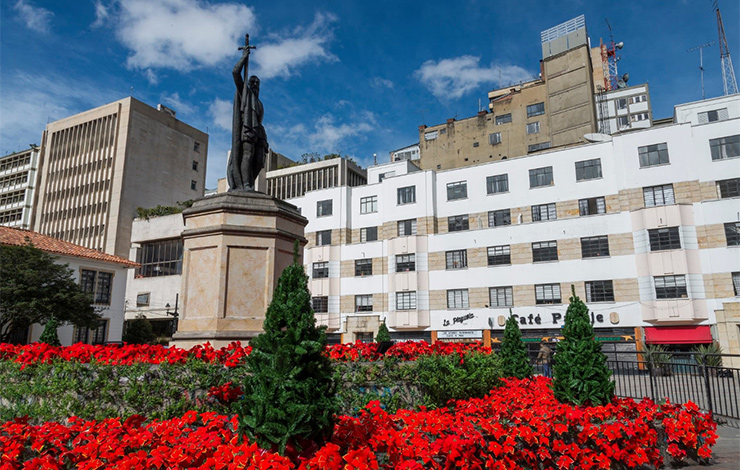This program analyzed the relationship between citizen monitoring tools and the level of accountability among law enforcement officials and politicians. The results of their analysis served as the basis for educational activities organized through public schools in marginalized neighborhoods of Bogota. The educational activities were designed to equip parents and teachers with the tools to identify and combat violations of fundamental rights.
Challenge

The organization is concerned with citizens´ generalized lack of knowledge and utilization of tolls for Citizen Monitoring (Control social) established by Colombian law which allows citizens and communities to monitor the proper application of the Law and the adequate public administration of government resources. The lack of use of Citizen Monitoring is an obstacle to the achievement and consolidation of justice, good government and the Rule of Law, including the accountability of the government and functionaries.
The second problem is the lack of dialogue between different disciplines: Law, Political Science, Economics, Public Administration, International Relations and Education. As a consequence of the absence of this debate, professionals within these disciplines have been unable to generate integral solutions in order to understand the Rule of Law and its protection through citizen-based monitoring.
Program Summary
The project is divided into two stages.
First stage (multidisciplinary dialogue):
A. To carry out a multidisciplinary dialogue process, involving lawyers, political scientists, and public administration professionals, to discuss the possibilities of citizen monitoring and its consequences on the strengthening of the Rule of Law.
B. To design a curriculum for citizen capacity building to be implemented during the second stage of the project, and also construct the instruments that will be used to evaluate the performance of the educational component.
Second stage (educational component):
A. To implement a capacity building program for 50 members of the Ramón B. Jimeno public school’s community (including young students from grades 9 to 11, teachers, and parents) through 80 hours of training and practical workshops.
Impact
The project created different educational activities, and promoted through these activities the use of Citizen Monitoring tools in some specific cases, giving priority to those communities with limited economic resources, communities where fundamental rights were not being protected by state agents, and those where very limited accountability of the state agents existed. The project successfully promoted an interdisciplinary dialogue through the multidisciplinary and educational approaches that were taken.

